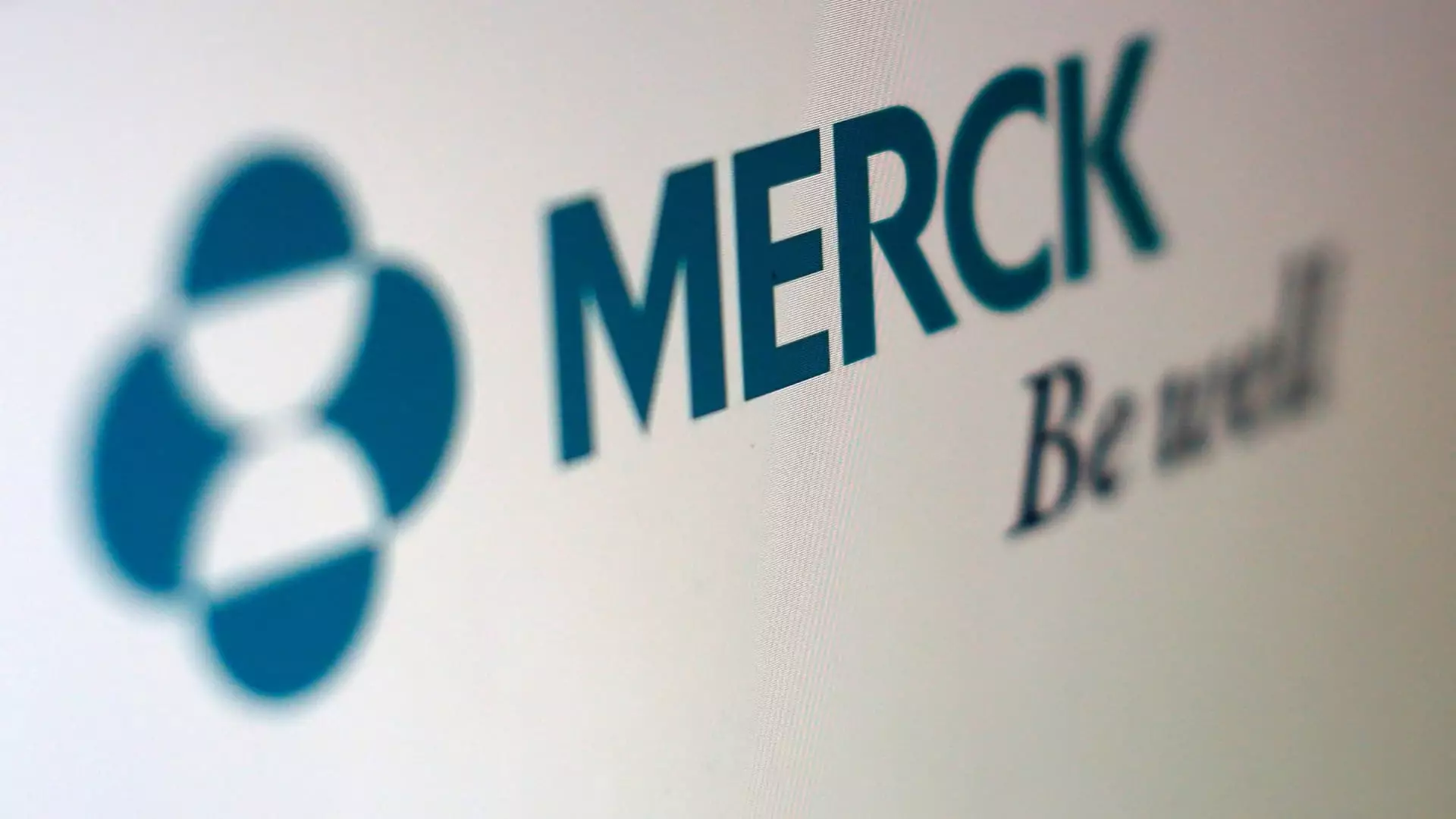Respiratory Syncytial Virus (RSV) has long been a silent menace, striking fear into the hearts of parents and wreaking havoc on health care systems every winter. The virus predominantly endangers infants and older adults, leading to thousands of hospitalizations annually. As RSV begins to spread, families find themselves at the mercy of a viral infection that can lead to severe respiratory complications. With FDA approval for Merck’s new monoclonal antibody treatment, Enflonsia, we stand on the cusp of a much-needed revolution in combating this seasonal threat. This announcement not only diversifies the available options for treating RSV but signals a promise of hope for countless families burdened by the fear of this illness.
A Competitive Landscape
With Enflonsia entering the market, we also witness the dawning of fierce competition against existing treatments like Sanofi and AstraZeneca’s Beyfortus. It’s a proverbial race against time as the RSV season approaches, and Merck is poised to stake its claim by ensuring that Enflonsia hits the market just ahead of it. There is no understating the importance of robust stock availability; during the last RSV season, Beyfortus faced significant supply limitations, leaving many infants unprotected. This highlights a critical gap in preparedness, one that Merck aims to fill with the timely introduction of Enflonsia.
Merck’s treatment offers a distinct advantage: it can be administered to infants regardless of weight, simplifying the somewhat cumbersome dosing protocol necessary for Beyfortus, which is contingent upon an infant’s body weight. This detail should not be overlooked, as ease of administration could make a considerable difference in a hectic clinical environment where every second counts.
Profound Implications for Public Health
The implications for public health cannot be emphasized enough. At a time when health care systems are strained and resources are often limited, any innovation that dramatically reduces RSV-related hospitalizations must be welcomed with open arms. The results from mid- to late-stage clinical trials for Enflonsia are extraordinarily promising, citing a staggering 84% reduction in RSV-related hospitalizations. Additionally, a 90% reduction in hospitalizations due to lower respiratory infections among infants cannot be dismissed lightly; such advancements may indeed reshape our approach to pediatric health entirely.
However, it is alarming to note that while new treatments surface to combat RSV, vaccine trials for infants face scrutiny and possible delays due to safety concerns. The fact that older vaccines are available only for adults and pregnant women indicates a glaring gap in protection for the most vulnerable. It raises a profound question: as we hastily usher in new treatments, what safeguards are in place to ensure that we don’t inadvertently overlook the safety of our youngest population?
An Ethical Dilemma
As the vaccines undergo scrutiny, the debate surrounding access to these treatments intensifies. Merck and its competitors must ensure equitable distribution, especially since RSV disproportionately impacts less advantaged communities lacking adequate healthcare access. As the COVID-19 pandemic laid bare the inequities in health care systems, we must remain vigilant not to repeat the same mistakes. Fast-tracked approvals can foster innovation, but they must not come at the expense of thorough evaluation and accessibility for all socioeconomic strata.
Merck promises to make Enflonsia available before the RSV season kicks in, but the practicality of that promise hinges on the company’s broader supply chain strategy. The arithmetic of public good versus corporate profit often complicates such endeavors. Can Merck truly guarantee a steady stream of this urgently needed medication, or will we witness another fallout akin to that of other recent health crises?
A Cautiously Optimistic Future
The approval of Enflonsia represents more than just a new option for RSV treatment; it exemplifies the ongoing struggle to innovate against longstanding yet preventable health crises. As we anticipate the upcoming RSV season, the healthcare community holds its breath—not only for the efficacy of the new treatment but also to see if the commitment to equitable access and robust distribution holds true. For parents and health care providers alike, the stakes could not be higher. Each decision made in the face of this intricate landscape will echo through the halls of pediatric clinics and hospitals, ultimately determining the outcomes of countless young lives. The fight against RSV is far from over, but for now, we hold onto a thread of optimism as Enflonsia steps into the fray.


Leave a Reply